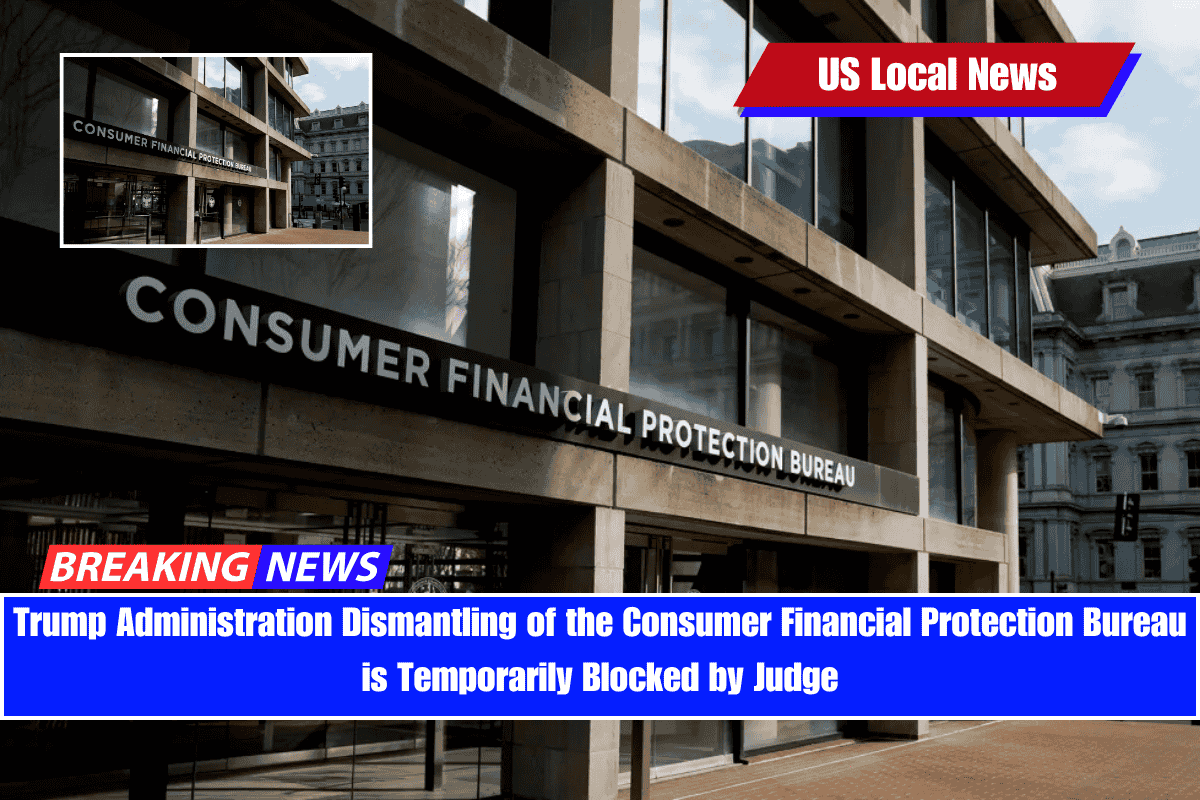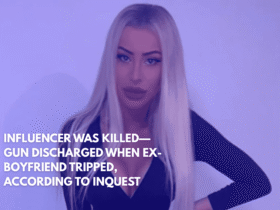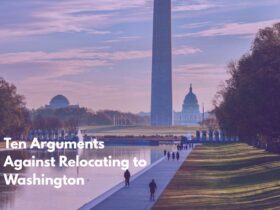In a significant legal ruling, a federal judge has temporarily blocked President Donald Trump’s administration from shutting down the Consumer Financial Protection Bureau (CFPB). The decision is seen as a strong pushback against the administration’s broader efforts to reduce the power and size of federal agencies.
The ruling came on Friday from Judge Amy Berman Jackson, who issued a detailed 112-page decision stating that the CFPB must remain operational until the legal challenge is fully resolved.
Judge Orders Agency to Continue Its Work
The court’s preliminary injunction ensures that the CFPB will keep functioning while the case moves through the judicial process. Judge Jackson wrote that the decision will:
- Reinstate and preserve the agency’s contracts and staff
- Protect its operational data and resources
- Ensure employees can carry out their legal responsibilities
She made it clear that this action was necessary to uphold the intent of Congress, which created the CFPB after the 2008 financial crisis to protect consumers in the financial sector.
Harsh Words for the Administration’s Actions
Judge Jackson criticized how the Trump administration approached the issue. She noted that in the early weeks of Trump’s presidency, there was a “hurried effort to dismantle and disable the agency entirely”, ignoring the legal mandate set by Congress.
She further said that later moves by agency leaders to resume certain operations were likely done just to influence the court, calling them “nothing more than window dressing.”
“The Court’s oversight is the only thing holding the defendants back,” she wrote, justifying the emergency court order.
Case Sets Stage for Bigger Legal Battle
This ruling opens the door for a possible appeal, where President Trump’s legal team may try to argue his broader theory of executive power—that the president has the authority to control or eliminate even Congress-created agencies.
Legal experts say this case could have a long-lasting impact on how future presidents interact with independent federal agencies.











Leave a Reply